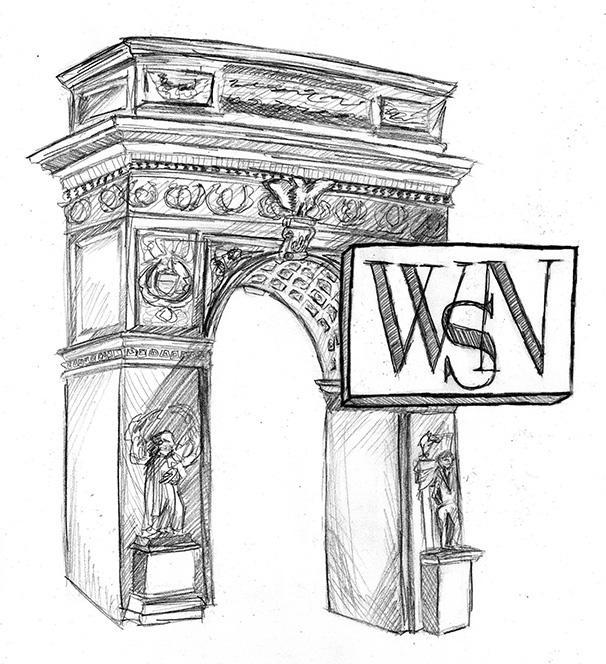NYU Bias Hotline Offers Constructive Resolutions
September 19, 2016
Earlier this year, administrators working with the Office of Equal Opportunity debuted a new Bias Response Line. The system is described as “a mechanism through which members of our community may share experiences and concerns regarding instances of bias, discrimination or harassing behavior that occur within our community.” Students have the opportunity to contact the response line online or by phone. Posters advertising the response line have been popping up all over campus, demonstrating that the administration is responding meaningfully to issues of diversity and inclusiveness that have recently become central to university policy.
Attempts to address concerns of bias on other college campuses have led to severe overreactions, such as publicly humiliating microaggressors instead of addressing these issues constructively. In the absence of official university resources, students often resort to insular spaces where affirmation is valued over actual solutions. The creation of the response line was a smart move on NYU’s part, as it allows for the community to vent frustrations in a confidential manner with a trained administrator. Even if reported biases turn out to be minor slights, it is better for those concerns to be acknowledged and resolved rather than left to fester. In more serious cases of discrimination, the bias response hotline connects students with someone that can help them resolve the problem.
While the hotline promises results, it does not cut to the heart of the central issue that still plagues college campuses — the role of a university administration in addressing prejudice. The hotline provides an alternative to mob justice and public shaming, but it also serves as an avenue for students to call people out for injustices of any scale, under the auspices of victimhood. It implicitly validates students’ feelings of offense, placing them in the same crisis-worthy category as depression and domestic abuse. A catch-all hotline, while well-intentioned, should not equate serious cases of danger or trauma with everyday slights. There is a debate to be had on whether or not these slights merit the same sort of response. But on this matter, NYU remains agnostic.
Since it has become increasingly difficult to discuss topics related to microaggressions nowadays — especially in academic settings — provisions like the Bias Response Line are becoming more necessary. By promoting an official and one-on-one system of reporting discrimination, NYU administrators are offering an outlet for students’ complaints without prejudgment. While the system needs improvement with regard to its clarity and ease of use, the creation of the Bias Response Line is an important step towards a healthy campus environment. With this move, NYU has come down adroitly on the campus bias issue, and ideally will continue this trend when trying to solve these dilemmas in the future.
A version of this article appeared in the Monday, September 19 print edition.
Email the WSN Editorial Board at [email protected].










































































































































